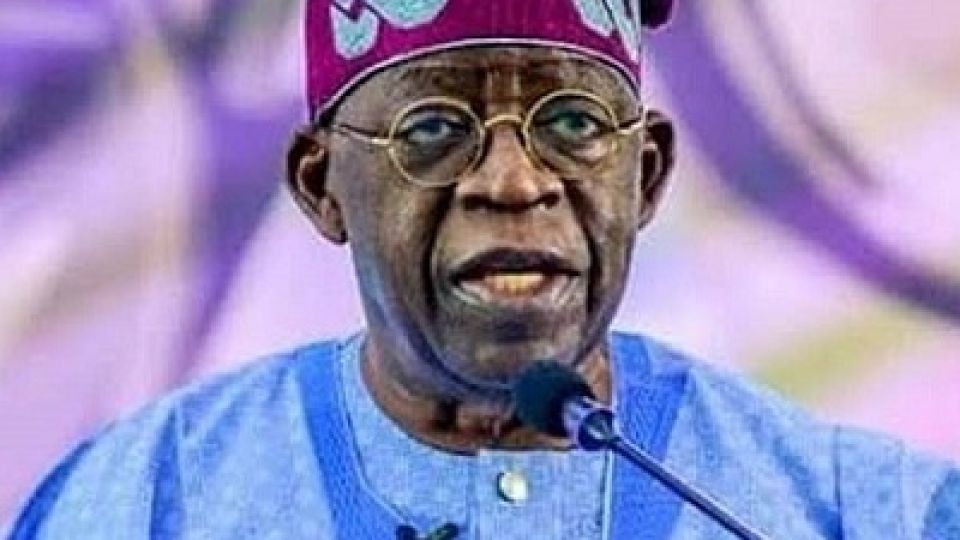from EMEKA OKONKWO in Abuja, Nigeria
Nigeria Bureau
ABUJA, (CAJ News) – POLITICAL and civil society organisations in Nigeria are concerned at the government’s rejection of the final report of the European Election Observation Mission (EU EOM) on the 2023 general elections.
The organisation’s sentiments add another dimension to the fallout between the West African government and the European bloc after the Independent National Electoral Commission (INEC)-organised controversial poll that had Bola Tinubu emerging as the president.
EU EOM recently reported that the elections in February and March exposed enduring systemic weaknesses and therefore signalled a need for further legal and operational reforms to enhance transparency, inclusiveness and accountability.
Tibu’s government responded by accusing the EU of interference in Nigeria’s internal affairs.
However, the Transition Monitoring Group (TMG) believes the EU report on Nigeria’s elections must not be dismissed but be looked into, and the necessary action be taken to ensure free, fair, transparent and credible elections in future.
“We urge President Tinubu to take courage and admit to the shortcomings with the electoral process,” said Auwal Musa Rasfanjani, the TMG chairman.
He said the shortcomings were evident in the violence, several election petitions and voter apathy.
Voter turnout was around 27 percent.
Rasfanjani believes Tinubu must emulate the now-late Umar Musa Yar’Adua who admitted that there were gaps in his election as president and committed to reform the electoral system, despite him winning a landslide 69,60 percent of the vote in 2007, after a voter turnout of 61,5 percent.
Tinubu won 36,61 percent of the vote.
“Therefore, TMG urges President Tinubu to ensure effective reform,” Rasfanjani said.
The Conference of Nigeria Political Parties (CNPP) believes the observations and recommendations of the EU electoral observer mission should be commended as an international contribution to the deepening of democracy in Nigeria.
“Those who are kicking against the report are doing so based on mere political considerations and conveniences,” said James Ezema, CNPP Deputy National Publicity Secretary.
“That said, the election exposed enduring systemic weaknesses and therefore signal a need for further legal and operational reforms to enhance transparency, inclusiveness, and accountability.”
CNPP mentioned setbacks experienced during the elections to include logistic challenges, voter intimidation and gender suppression as well as challenges faced by people living with disabilities.
“We expected the current administration to receive the report, study it, and find ways to address issues the EU EOM raised to prevent future occurrences,” Ezema said.
Nigeria’s electoral exercise is the largest in the continent, in line with its being the largest nation in Africa, estimated at 220 million.
Over 93,4 million were registered to vote in this year’s polls.
– CAJ News

